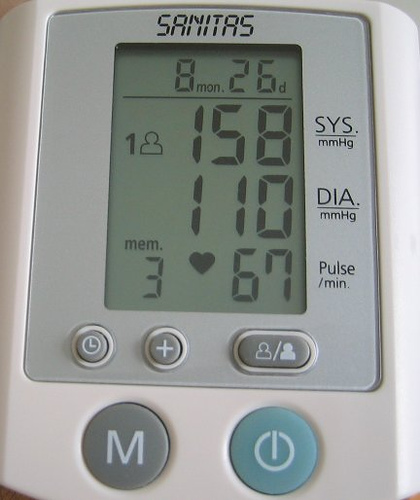
A new study has found that changes in a blood protein could be linked to the development of Alzheimer's disease.
Doctors have been looking for ways of detecting Alzheimer's disease before symptoms start to appear.
They used new technology where they studied hundreds of proteins from a small blood sample.
The researchers analysed blood samples of 57 older and symptom-free volunteers to determine whether specific proteins were associated with the build-up of amyloid in the brain, a hallmark of Alzheimer's disease.
They measured brain amyloid using PET scans.
“Recent advances in imaging and biomarkers that help track the onset and progression of Alzheimer's disease show promise for early detection of the disease process and for tracking the effectiveness of early interventions,” said National Institute on Ageing director Richard J Hodes.
“This is critically important in streamlining and conducting trials more efficiently so that we can find out about possible therapies that much sooner.”
Researchers say this breakthrough could one day lead to a blood test for Alzheimer's disease.
They found the amount of a specific protein called ApoE in the blood samples was strongly associated with the level of beta amyloid in the brain.
Those with the highest levels of the protein had more amyloid deposits in the brain.
“These results are especially intriguing as this protein is made by the APoE gene, the most robust genetic risk factor for late-onset Alzheimer's,” Dr Hodes said.
Late-onset Alzheimer's is the most common form of the disease.